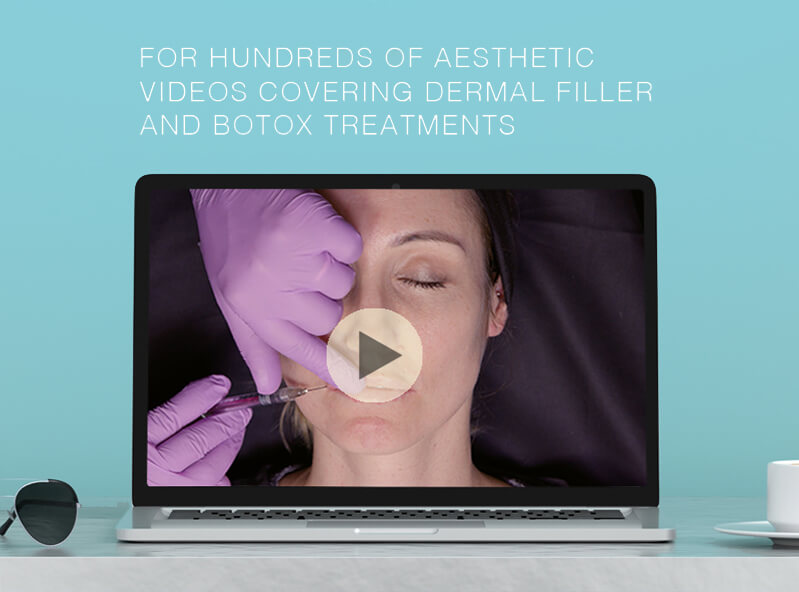The aim of the inquiry was to investigate how standards around performing and advertising treatments like Botox, dermal fillers, and PDO threads and cogs should improve to support public safety.
The Inquiry
Over the course of a year, the inquiry took evidence from public sessions, closed meetings, and written submissions from organisations representing the aesthetics industry, practitioners, health and regulatory bodies, and consumers. The final report provided 17 recommendations for the government to consider across six categories.
Aesthetics industry Legal, Standards, and Regulation
Legal definitions: the government should define in law what a ‘medical-related’ service is, and collect annual data on types of treatments, number of practitioners, premises, training courses, and complications in order to make informed policy decisions.
Standards and qualifications: this recommends setting national minimum standards that any practitioner must undertake to provide treatments, empowering regulatory bodies to support this, and mandating on-site medical oversight for non-prescribers.
Regulation and enforcement: The introduction of a national licensing scheme to govern oversight of treatments, supported by a clear framework of standards for all practitioners. The report also recommends that dermal fillers be classified as a Prescription-Only Medicine (POM).
Ethics, Insurance, and Advertising
Ethics and mental health: Responding to a need within the industry, psychological pre-screening tests should be developed to cover a wide range of psychological vulnerabilities, and practitioners should undertake training on spotting individuals who may be at risk. The current ban on under 18s receiving Botox and filler treatments should also be extended to other invasive treatments like PDO cogs and threads.
Insurance: All medical aesthetics practitioners should be required to hold adequate insurance cover, and there should be an industry standard for gaining this coverage. Regulated qualifications for treatments should also be required, alongside approved CPD training.
Social media and advertising: Social media platforms should take more responsibility for misleading adverts and remove breaches swiftly, with stronger restrictions on dermal fillers to match the current regulations on advertising Botox.
Book A Medical Aesthetics Course
Dr Tapan Patel and PHI College welcome such changes in the medical aesthetics industry to support both practitioners and the public in providing and receiving safer treatments, respectively. For more information about training with Dr Tapan and his team, or to book a PHI College course, head to our courses page and explore the options we have available. For anything else, get in touch via our contact form and one of our team will respond at your convenience.
< Back To BlogVideos With E-Mastr
All attendees receive an exclusive discount on introductory eMASTR subscription following completion of the course, which uses eMASTR resources to supplement theoretical learning. www.e-mastr.com

With an extensive range of videos from step by step treatments to practice matters, you can be safe in the knowledge that you have everything you need there.
Visit E-Mastr